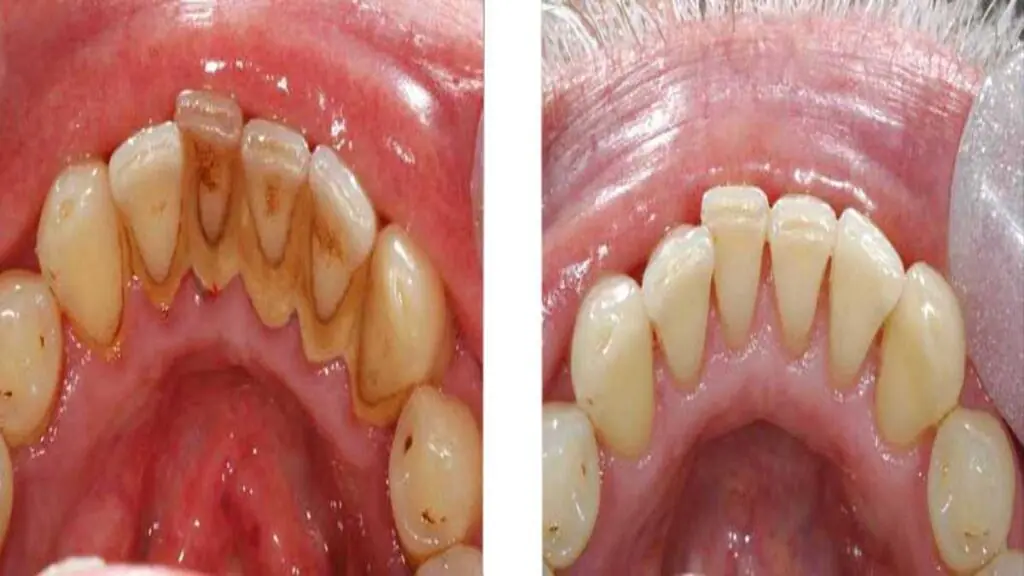
Cancer HATES These 6 Seeds – Seniors, Eat Them Daily (FIGHT Cancer Naturally)
Cancer becomes a growing concern with age — especially for adults over 60, when the risks increase due to weakened immunity, chronic inflammation, and years of cellular wear and tear. But here’s something hopeful: research suggests that many cases could be influenced by lifestyle factors, including diet.
Among the most fascinating areas of study today is the protective role of nutrient-dense seeds. These tiny superfoods contain bioactive compounds — antioxidants, lignans, healthy fats, and minerals — that support cell repair, reduce inflammation, and help the body maintain healthier defenses.
While no food can “cure” or “guarantee prevention,” a seed-rich diet is strongly associated with better metabolic health, lower inflammation levels, and improved antioxidant status — all key factors in long-term disease protection.
Below, we explore six seeds backed by scientific research for their potential roles in supporting healthier aging, hormone balance, digestion, immune function, and ultimately, lower lifetime cancer risk.
1. Pumpkin Seeds — Prostate & Bladder Support
Pumpkin seeds are rich in zinc, vitamin E, plant sterols, magnesium, and antioxidants — all of which contribute to prostate and urinary health.
What Research Shows
-
Pumpkin seed extracts may help reduce prostate enlargement symptoms.
-
Plant sterols support healthy testosterone metabolism.
-
Antioxidants help combat oxidative stress, a known contributor to cellular damage.
How to Use
-
Eat 1–2 tablespoons daily (raw or lightly roasted).
-
Add to oatmeal, yogurt, trail mix, or grind into smoothies.
2. Flaxseeds — Richest Plant Source of Lignans
Flaxseeds contain extraordinary levels of lignans — phytoestrogens that support hormone balance and may play a role in reducing the risk of hormone-related cancers.
What Research Shows
-
Diets high in lignans are associated with healthier estrogen metabolism.
-
Flaxseed fiber supports a healthy gut microbiome, linked to stronger immunity.
How to Use
-
Consume 1 tablespoon ground flaxseed daily.
-
Never use whole seeds — grinding unlocks the beneficial compounds.
3. Chia Seeds — Digestive Health & Anti-Inflammation
Chia’s soluble fiber forms a gel that supports digestion, blood sugar control, and metabolic stability — all important for lowering chronic inflammation.
What Research Shows
-
Fiber fermentation produces butyrate, a beneficial fatty acid that supports colon cell health.
-
Omega-3 fatty acids help regulate inflammatory pathways.
How to Use
-
Mix 1 tablespoon in yogurt, overnight pudding, or water with lemon.
4. Sesame Seeds — Skin & Immune Defense Support
Sesame seeds are packed with sesamin, vitamin E, copper, and antioxidants.
What Research Shows
-
Sesamin supports antioxidant activity and healthy inflammatory responses.
-
Sesame lignans may assist in DNA protection and cellular repair mechanisms.
How to Use
-
Add to salads, stir-fries, tahini, or sprinkle over roasted vegetables.
5. Sunflower Seeds — Vitamin E Powerhouse
Sunflower seeds offer one of the highest natural concentrations of vitamin E, a potent antioxidant that protects cell membranes from oxidative damage.
What Research Shows
-
Vitamin E supports immune function and helps regulate inflammatory processes.
-
Diets rich in vitamin E are linked to healthier brain and metabolic aging.
How to Use
-
Add 1–2 tablespoons to oatmeal, smoothies, or snack mixes.
6. Hemp Seeds — Omega-3 and Anti-Inflammatory Nutrients
Hemp seeds provide a balanced ratio of omega-3 and omega-6 fatty acids, supporting immune function and cellular health.
What Research Shows
-
Omega-3 intake is associated with healthier inflammation markers.
-
Essential fatty acids help maintain cell membrane integrity.
How to Use
-
Add 2 tablespoons to salads, protein shakes, or blended soups.
⭐ Why Seeds Matter More as You Age
Aging brings physiological changes that increase vulnerability to disease:
✅ More oxidative stress — leads to DNA damage
✅ Higher inflammation — weakens cell function
✅ Slower repair mechanisms
✅ Reduced immune strength
✅ Metabolic changes that affect hormone balance
Seeds target these pathways with:
-
Antioxidants
-
Lignans
-
Healthy fats
-
Minerals (zinc, selenium, magnesium)
-
Fiber
-
Phytochemicals
These compounds help support the body’s natural defenses, making them a powerful addition to a long-term wellness plan.
✅ How to Build a Daily “Anti-Inflammatory Seed Blend”
A simple, sustainable method:
Daily Blend (1:1:1:1:1:1 ratio)
-
Ground flaxseed
-
Chia seeds
-
Sesame seeds
-
Sunflower seeds
-
Pumpkin seeds
-
Hemp seeds
How to Use
-
Add 2 tablespoons to yogurt, smoothies, soups, salads, tea, or water.
-
Store in an airtight container in the freezer to maintain potency.
Why This Works
Combining seeds increases the diversity of nutrients and amplifies antioxidant and anti-inflammatory benefits.
⚠️ Important Safety Notes
-
Seeds cannot treat or cure cancer.
-
Always consult a healthcare provider if you have:
-
Hormone-sensitive conditions
-
Digestive disorders
-
Seed allergies
-
Medication interactions (especially for flax and hemp)
-
-
Increase fiber intake gradually to avoid bloating.
Final Thoughts
Seeds are not magic bullets — but they are one of the most nutrient-dense, affordable, and research-supported foods for promoting healthier aging. Adding them to your diet can:
✅ Support hormone balance
✅ Improve digestion
✅ Strengthen immune function
✅ Reduce inflammation
✅ Provide long-term cellular protection
A seed-rich diet won’t eliminate risk, but it can be a powerful step toward building a stronger, more resilient body — one spoonful at a time.
News in the same category


10 Proven Ways to Lower Uric Acid Naturally (Backed by Science)
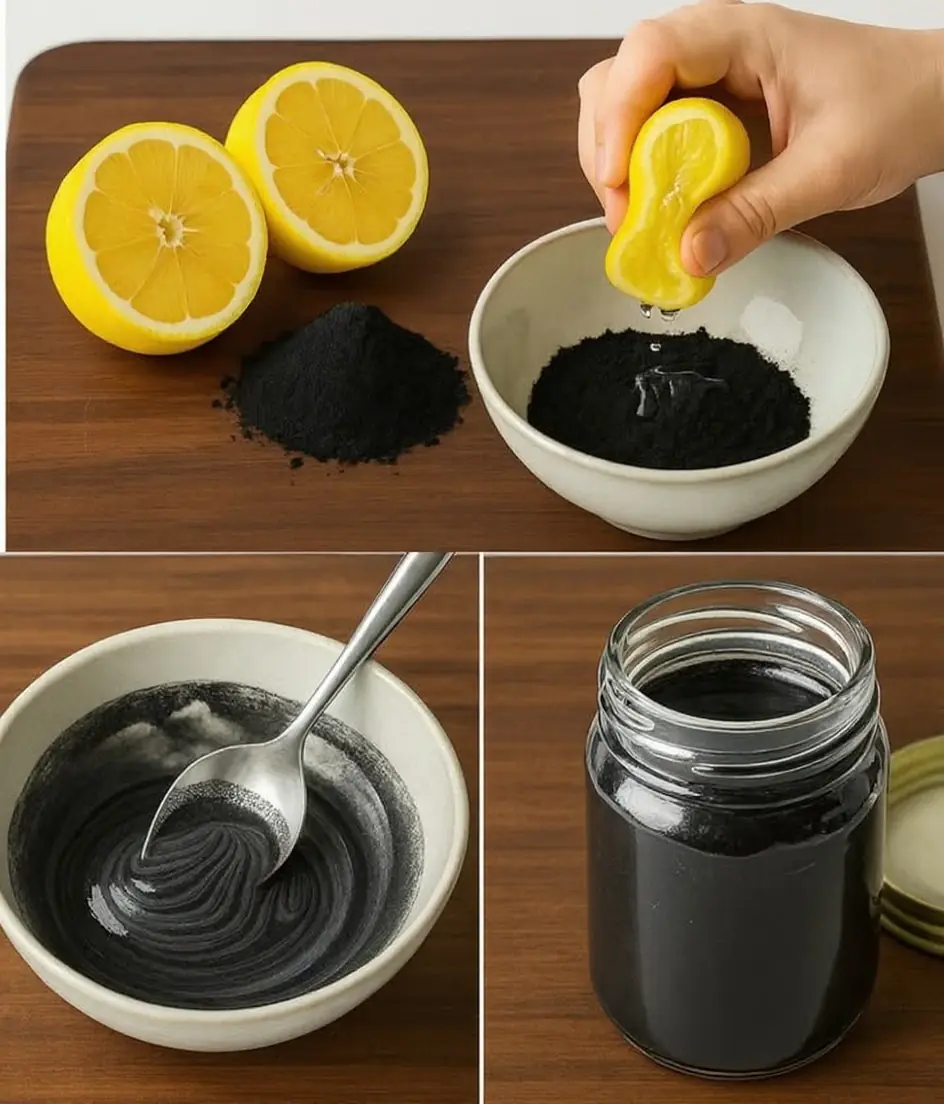
Mix Lemon with Activated Charcoal and Stop Wasting Money at the Store
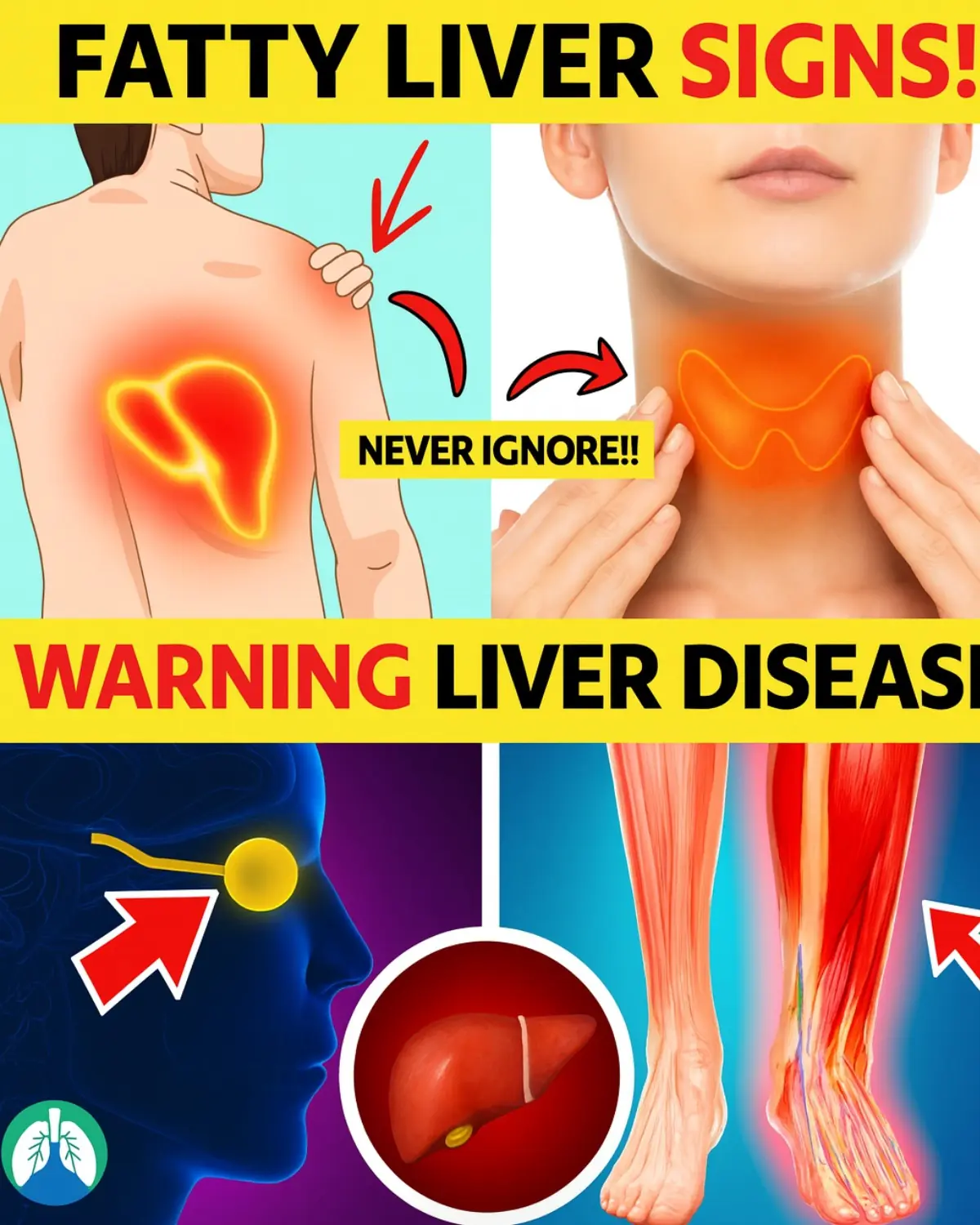
Never Ignore These 8 Early Signs of a Fatty Liver

Silent Heart Attack — The Pain No One Recognizes in Time

Cocoa Flavanols May Protect Blood Vessels Even When You Sit for Hours
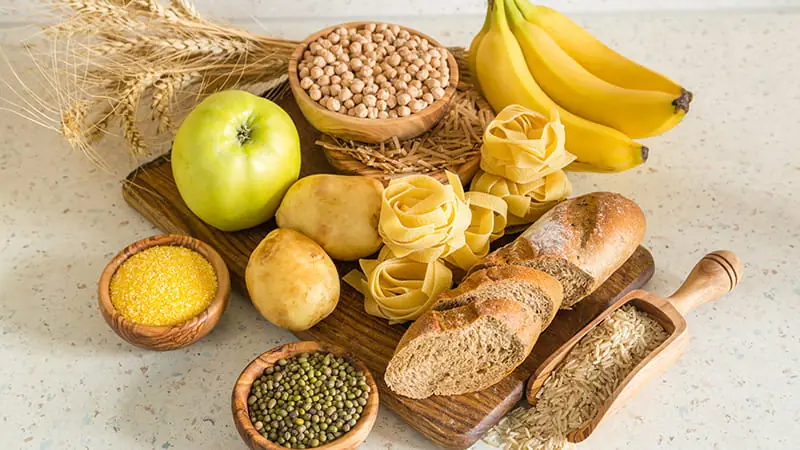
How to Eat Bread, Rice, and Potatoes Without Blood Sugar Spikes

Major Signs You Are Magnesium Deficient (and What To Do About It!)

It Will Make Your Bladder and Prostate Feel Like New! The Grandfather’s Recipe

The Orange Peel Elixir That Cleanses Your Whole Body and Fights Diabetes, Cholesterol, and Blurry Vision

Stubborn Grass (Sporobolus indicus): The Resilient Weed with Hidden Healing Powers

Cabbage Leaf Miracle: How to Relieve Joint Pain Overnight Naturally

Mouth Cancer: Symptoms, Causes, Stages, and Treatment

How to Cure Sciatic Nerve Pain: A Guide to Natural Remedies

Mix these 3 before bed — it heals arteries while you sleep
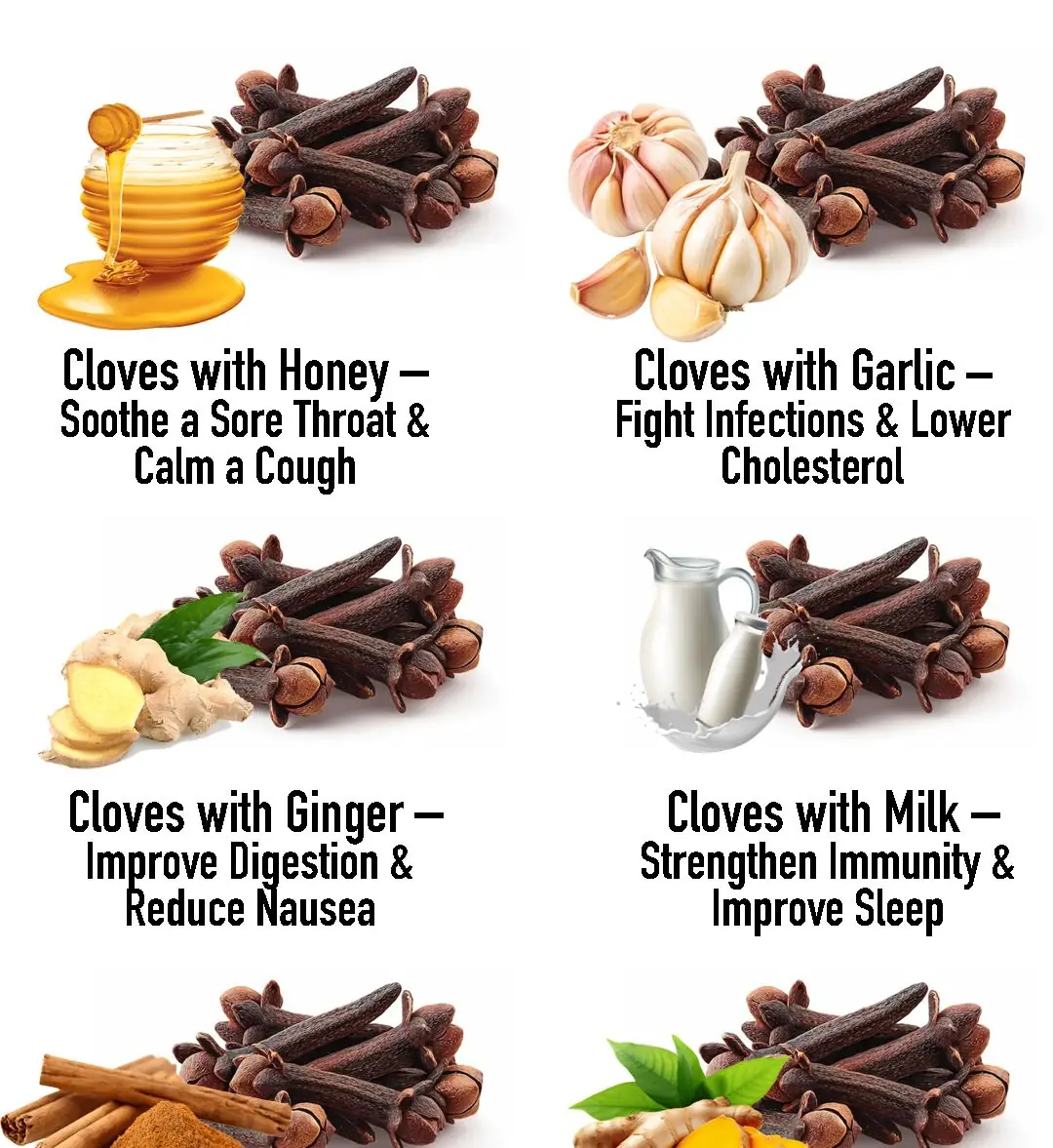
20 Genius Ways to Use Cloves for Your Health

One drink to quickly increase leg circulation

Extremely good food you should not miss

Drink this cinnamon and clove tea to lower your blood sugar naturally
News Post

10 Proven Ways to Lower Uric Acid Naturally (Backed by Science)

Three Traditional Foods That Help Menopausal Women Stay Youthful and Balanced

How to Drink Honey Water Properly: Surprising Benefits, Best Times, and Who Should Avoid It

Most do this wrong. 10 foods you’re storing in the wrong container

Most people will never know

My nana taught me this hack to deodorize trash cans in 2 mins with 0 work. Here’s how it works

Why You Should Sprinkle Salt on Your Gas Stove — The Surprisingly Powerful Cleaning Trick Everyone’s Talking About

Taylor Swift reportedly beefs up security by $2M as she steers clear of spotlight at Travis Kelce’s games

Why You Shouldn’t Pour Hot Water into the Kitchen Sink

Moldy and Damp Walls? Try These Simple, Budget-Friendly Tricks — Clean and Fresh in Just Minutes
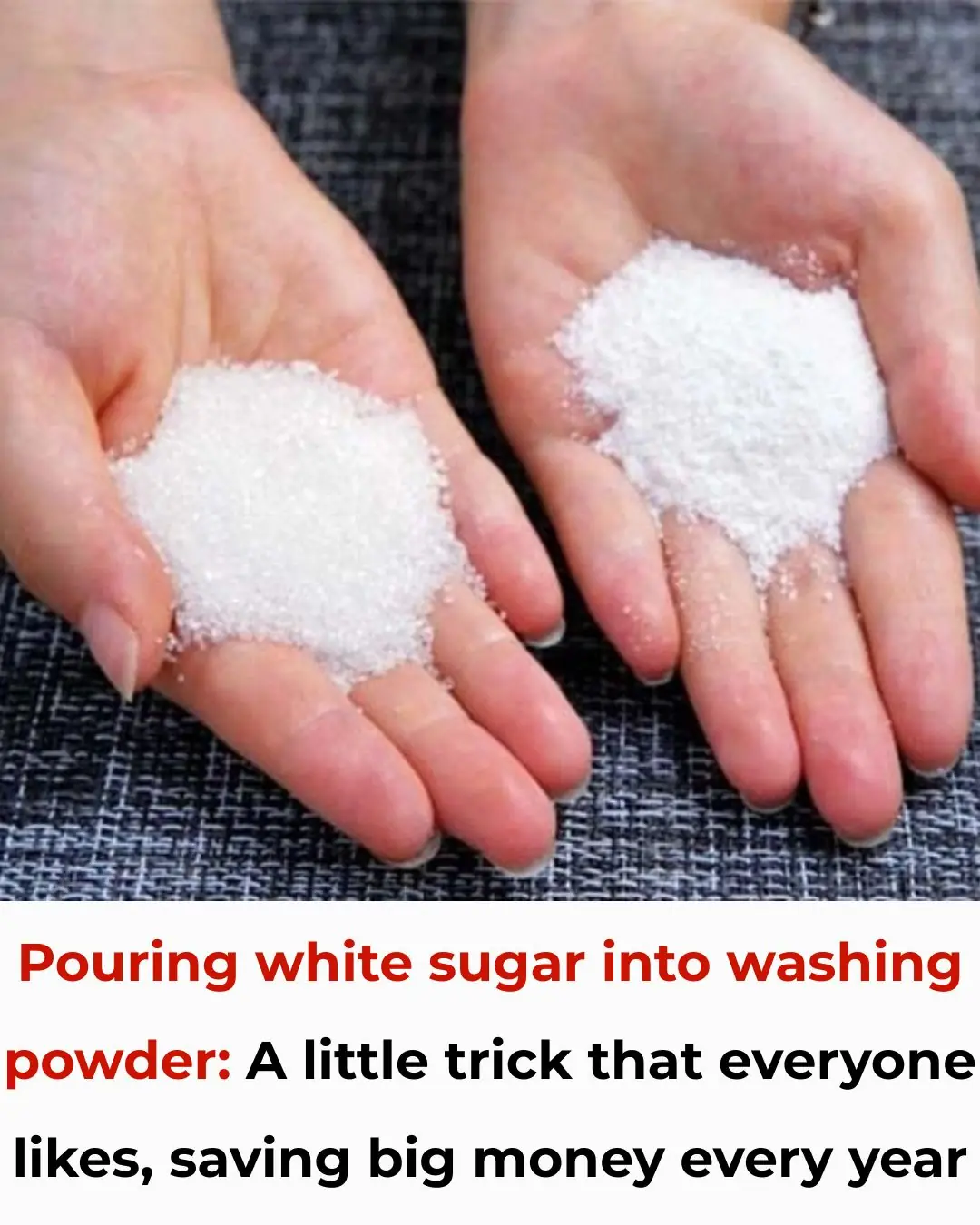
Pour White Sugar into Laundry Detergent: A Simple Household Trick That Saves You Money Every Year

How Zohran Mamdani’s aloof wife, Rama Duwaji, quietly steered his campaign from behind the scenes

Emmerdale fans spark 'recast' concern as Archie Breckle returns to the village

EastEnders' Jessie Wallace shares rare snap of lookalike daughter on milestone birthday

Mix Lemon with Activated Charcoal and Stop Wasting Money at the Store

I was totally in the dark on this!

You are doing it all wrong. Here's the right way to clean your oven

My nana taught me this hack to make cloudy glasses sparkle in 2 mins with 0 work. Here’s how it works
